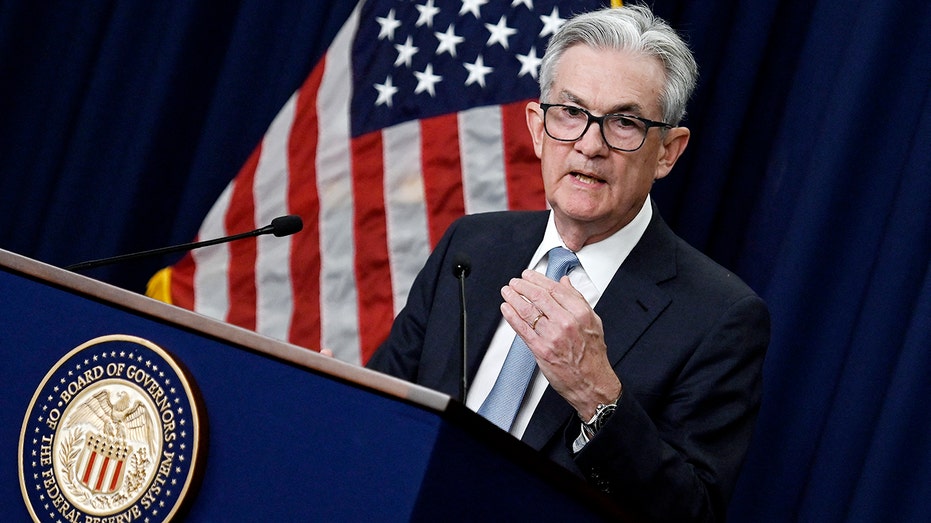U.S. consumer sentiment continued to decline in May as Americans’ expectations about future inflation rose and concerns persisted about the effect of President Donald Trump’s tariffs.
The University of Michigan Surveys of Consumers on Friday released its Consumer Sentiment Index, which dropped to 50.8 in a preliminary reading in May after a final reading of 52.2 in April. Economists polled by Reuters had projected the index would rise to 53.4.
The latest figures leave the consumer sentiment reading down 30% since January 2025 after five months of declines. The 50.8 reading is the second-lowest reading on record, after June 2022, the month that the most recent inflationary cycle peaked.
“Tariffs were spontaneously mentioned by nearly three-quarters of consumers, up from almost 60% in April; uncertainty over trade policy continues to dominate consumers’ thinking about the economy,” said Surveys of Consumers Director Joanne Hsu.
The survey closed two days after Trump announced a deal with China to temporarily reduce tariffs for 90 days and cut levies on Chinese goods from 145% to 30%, while China’s tariffs on U.S. exports were reduced from 125% to 20%.
The temporary tariff relief is intended to give time for negotiations on a longer-term deal.
“Many survey measures showed some signs of improvement following the temporary reduction of China tariffs, but these initial upticks were too small to alter the overall picture – consumers continue to express somber views about the economy,” Hsu noted.

The report said current assessments of personal finances declined almost 10% due to weakening incomes.
Consumers’ expectations of inflation in the year ahead rose to 7.3% this month, up from 6.5% in April. That increase occurred among both Democrats and Republicans surveyed. The 7.3% one-year inflation outlook is the highest since April 1981.
Long-run inflation expectations also rose to 4.6% in May, up from 4.4% a month ago, due to a larger uptick among Republican respondents.








